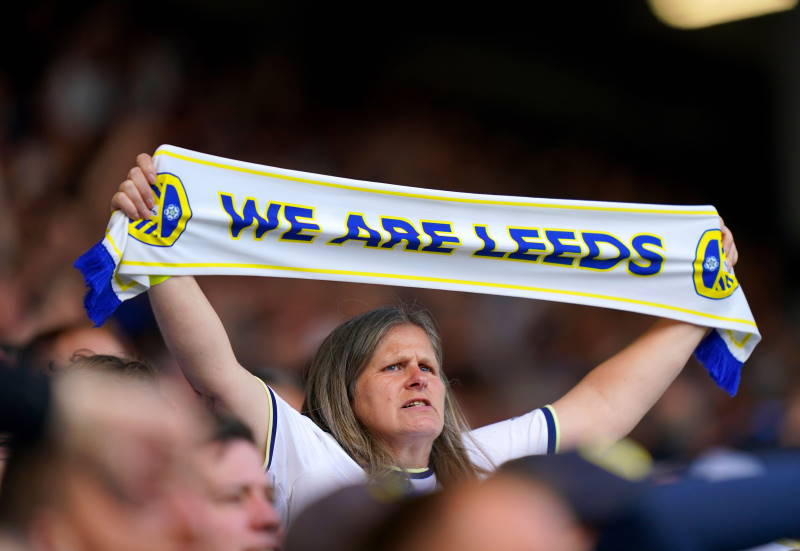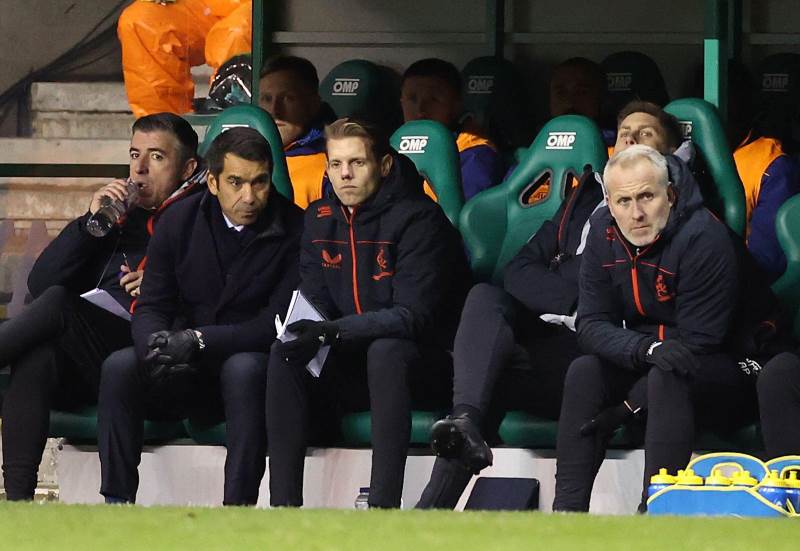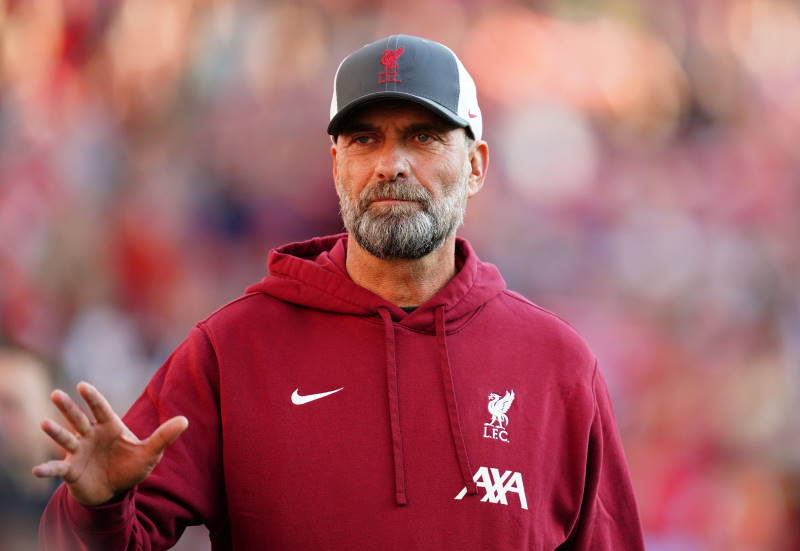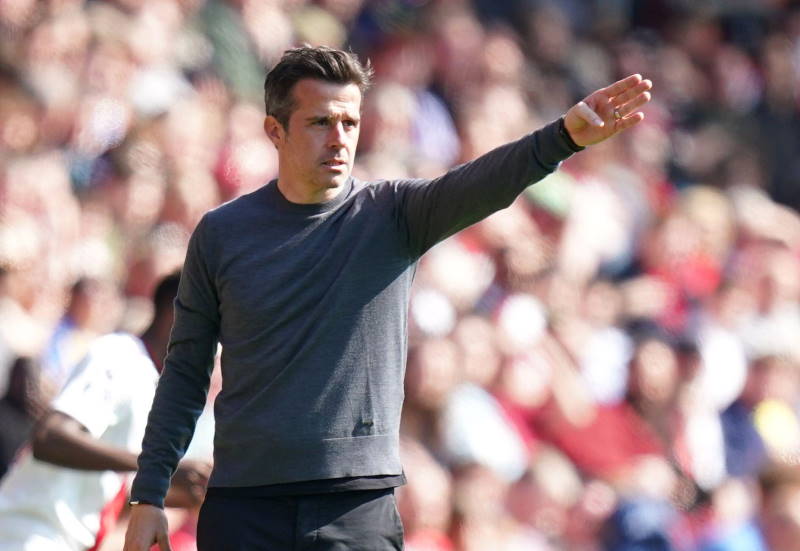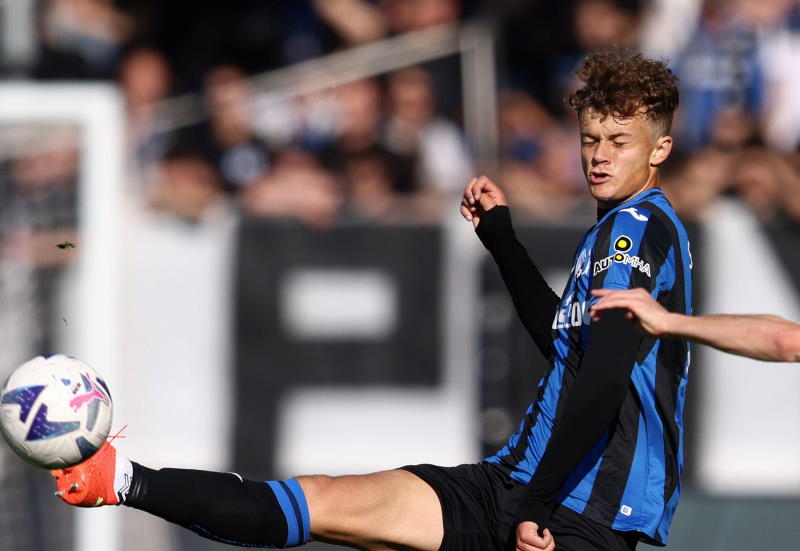
It is a good indicator that soccer is breaking into the North American consciousness that Forbes recently reviewed the finances of the MLS.
This in mind, the picture that this review paints is not all positive. The MLS is still not a profitable league and several teams are running with significant losses.
Half of the sides in the league own a soccer-specific stadium – a more cost-effective approach in the long run than renting. The cost of purchasing a franchise in the MLS has tripled in the last three years, sitting at around $30M right now.
But while the MLS is gaining more attention and may be only several years from being profitable, not even their flagship franchise, the Los Angeles Galaxy, can compare with the worst from other professional North American sports leagues. The Nashville Predators ice hockey team, the least valuable club of the other four major professional leagues, is valued at $143M – nearly double the valuation of Los Angeles. Furthermore, there are rumours floating about of a possible MLS work stoppage. Owners are threatening to lockout the league’s players who have been calling for changes to the way contracts are signed and are looking for more equality in the size of those contracts.
Here are the positives and negatives of the league’s current financial situation:
The Positives
Los Angeles Galaxy
Value: $100M
Revenue: $36M
Operating Income: $4M
Sure they may fall a bit short of Manchester United’s valuation of $1.5 billion but Los Angeles stands alone in the MLS, worth triple the league average.
But while a valuation of $100M is fantastic for both the club and the league, Los Angeles may be riding an artificial high that came after acquiring a certain English soccer star. Now that David Beckham has spent the last two years half the world away on loan deals in Europe, the Los Angeles Galaxy may very well be sliding back down to earth very soon.
Toronto FC
Value: $44M
Revenue: $17M
Operating Income: $2.1M
Toronto FC has been touted as the poster child for expansion teams. Despite having joined the league in 2006, the team already ranks 2nd in value. Not only does BMO Field routinely sell out, but Toronto supporters also spend more on souvenirs and food during matches.
This positive trend continues even as the team fails to perform on the pitch. The financial stability of a club and their success on the pitch are often tied together – but this is certainly not the case in Toronto. The team has only won 29 of the 100 games played in the club’s young history, failing to make the playoffs in each of their three seasons of existence.
The team is improving however, and only narrowly missed the playoffs last season. It remains to be seen if the Canadian side can turn the city Red if they start pressuring to win the MLS Cup, especially since the rest of Toronto’s professional sports teams are currently struggling to say the least.
Chicago Fire
Value: $41M
Revenue: $16M
Operating Income: -$3.1M
Chicago Fire is benefiting from a recent stadium deal. The team worked together with the regional government to build the stadium. While this means that the team will have to share revenue, the upside is that the money coming in isn’t heading right back out to pay for debts.
Advancing to the semi-final in four of the last five seasons doesn’t hurt the bottom line either, especially during the 2010 playoffs when Chicago drew an average of 7,000 more spectators than during regular season matches.
The Negatives
Kansas City Wizards
Value: $22M
Revenue: $5M
Operating Income: -$2.9M
The only point in the short history of Kansas City when they have not been struggling to draw fans was during two strong seasons in 2003 and 2004. This in mind, the solution to their current woes then might be to put together a strong team to climb up out of the basement.
Of course, having an atrocious stadium deal wasn’t much help for Kansas either. Playing out of Arrowhead Stadium, home of the American Football team Kansas City Redskins, the Wizards were forced to limit seating for matches. Throughout the 2007 season, spectators were allowed to sit along the sides of the pitch only while the sections behind the nets were blocked off. A new and long overdue stadium deal is now in the works.
Columbus Crew
Value: $23M
Revenue: $6M
Operating Income: -$4.5M
If you take a quick look at the numbers, Columbus seems to be a bit of a mystery. After all, this team won the MLS Championship in 2008 and they’ve placed first in their conference in three of the last six years. The strange thing is that when the team isn’t winning their conference, they’re losing it. Columbus have placed sixth in the conference in the other three of the last six years.
They draw far more spectators per home match than FC Dallas, a team that is operating in the black, and yet the team has posted an operating income loss of $4.5M.
According to Forbes, their losses can be blamed on a small market and a struggle for sponsors. Glidden Paints, Columbus’ sponsor, is a small time business that pays the team only $1M per year.
New York Red Bulls
Value: $36M
Revenue: $10M
Operating Income -$4.5M
Even though the New York Red Bulls are the fifth highest in terms of valuation in the MLS, the worrying trend here is their weak revenue figures, coupled with a weak squad on the field. The club managed only five wins during the 2009 season, finishing in last place in the tables. It was also the first year since 2002 that the club had failed to make the playoffs.
New Yorkers’ displeasure can be seen clearly in the attendance figures, as the average attendance per match dropped by over 4,500 in 2009. With many other successful sports franchises operating in New York, supporters may not have the patience for a bottom of the table team.
This may turn around during the 2010 season when the New York Red Bulls move into a new soccer-specific stadium.
So while the MLS has done well to raise interest in its product and establish itself as a league to be taken seriously, there remains much work to do to stabilise and then grow the finances of some of its teams.
Related Articles:
- – US Coach Bob Bradley Still Under Friendly Fire
- – Landon Donovan Everton Loan Move Seems All Too Familiar
- – MLS Continuing On Well Trodden Expansion Path


